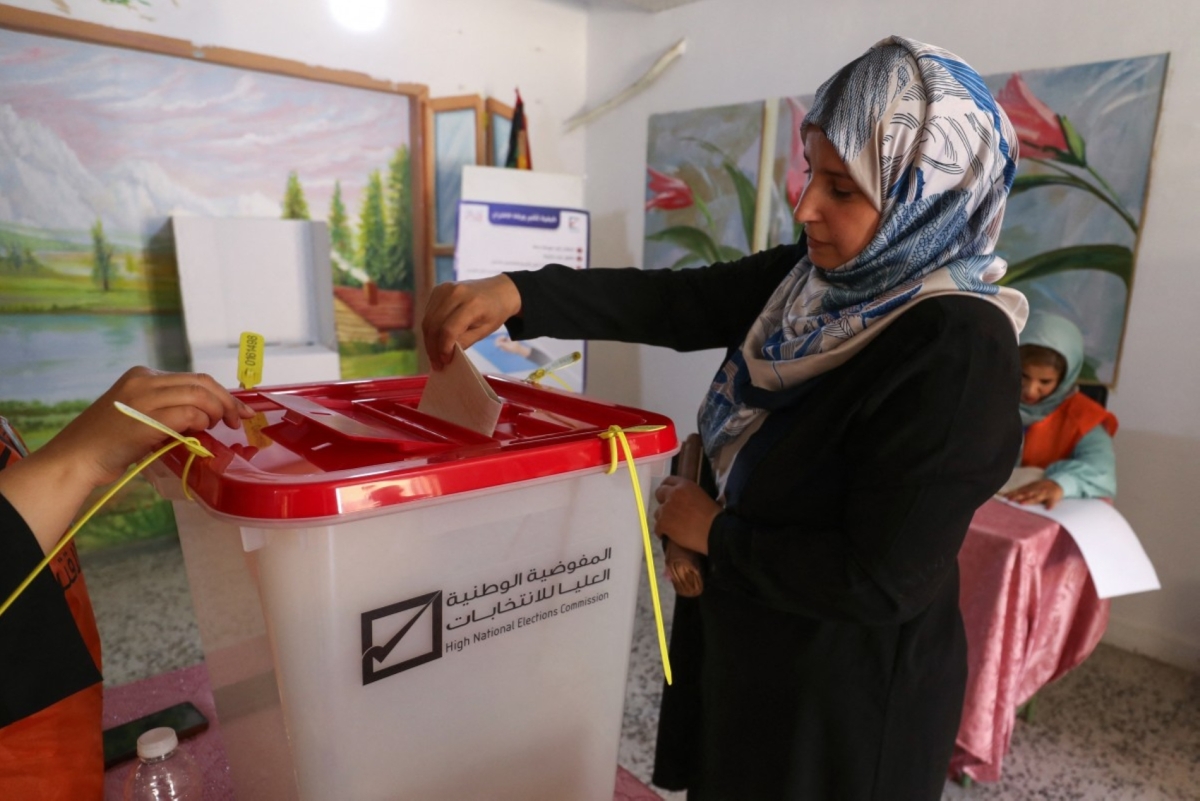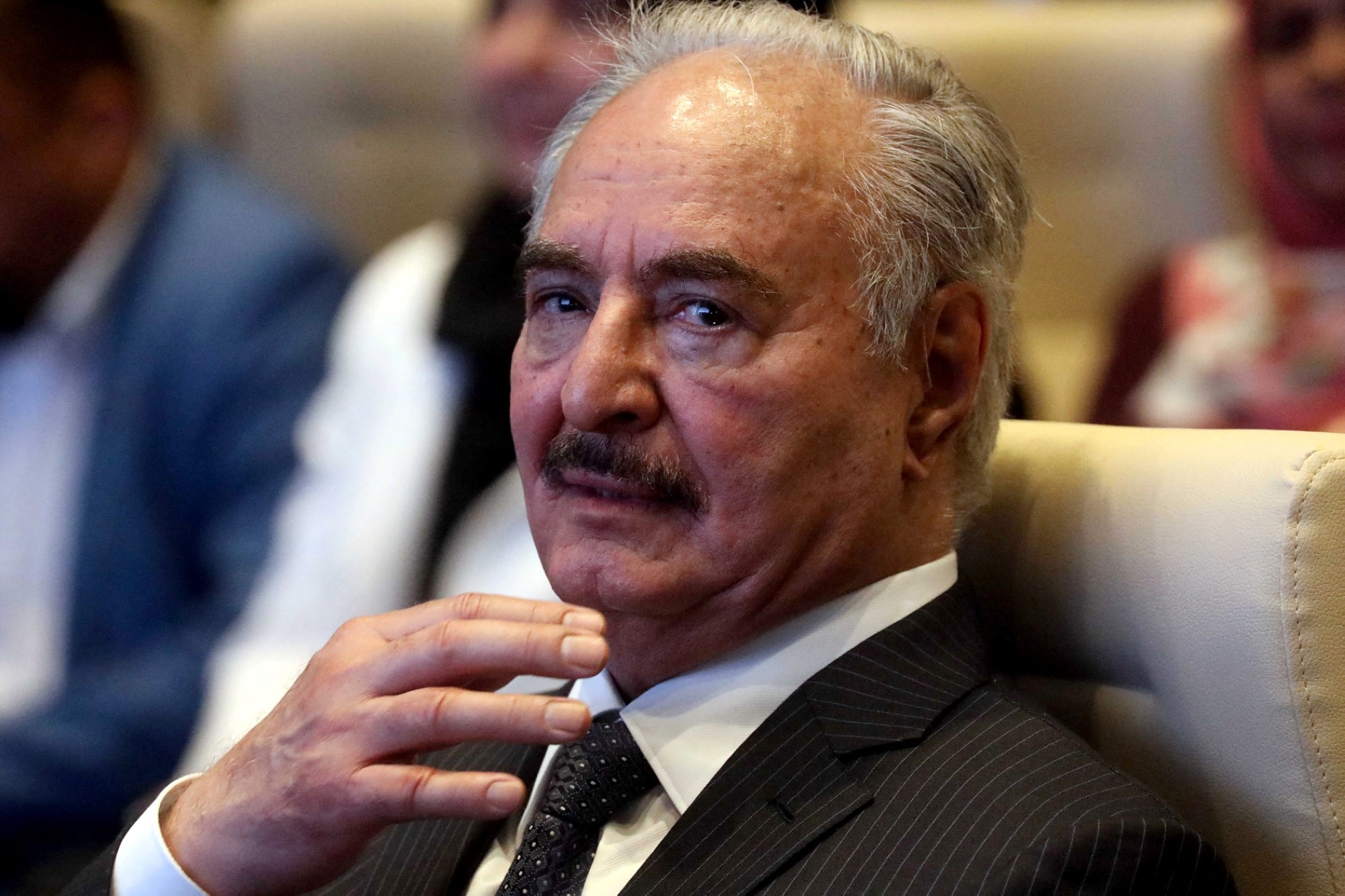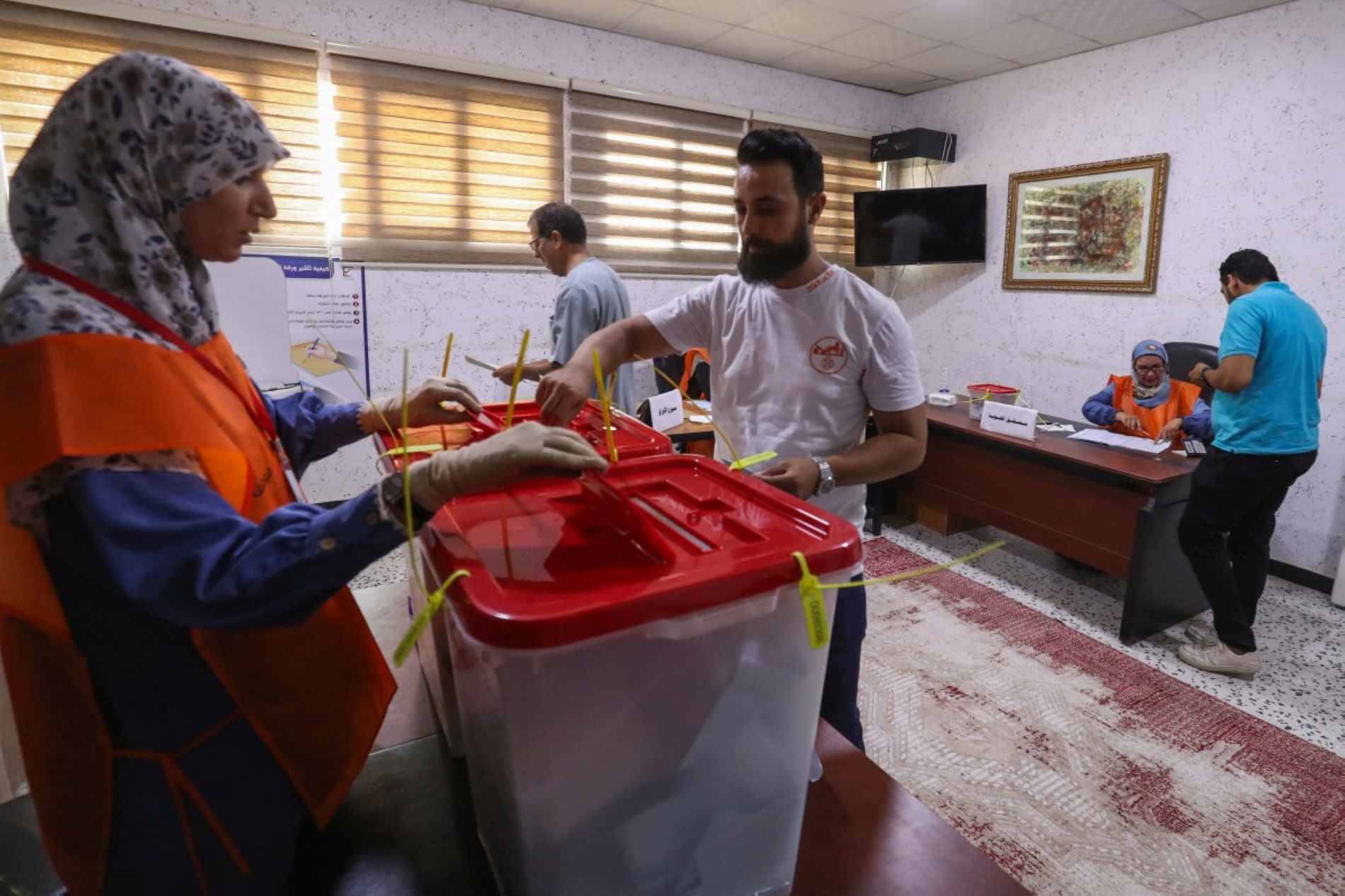Elections in post-Gaddafi Libya have always been fraught, beginning with the first national balloting in July 2012—nearly a year and a half after the initial uprisings that toppled the long-time leader. At the time, the idea of holding national elections so early in the country’s transition was the subject of significant debate.
Ultimately, the National Transitional Council (NTC)—the interim body representing the transitional leadership—decided the best path forward was to elect a General National Congress (GNC) to organise future elections for a constituent committee. The transition from the NTC to the GNC marked the first and only instance in Libyan history where a governing body voluntarily relinquished power.
Despite a high turnout (more than 60% of eligible voters) and a technically organised voting process, the confusing electoral system and limited voter education during the GNC elections led to mixed outcomes. The victory of a so-called non-Islamist coalition took many by surprise, especially as Islamist parties and candidates won post-dictatorship elections in neighbouring countries.
However, Libyan Islamist-oriented militias soon surrounded the parliament and forced through a political “lustration” law forbidding Gaddafi-era officials from serving in new official capacities. That step illustrated the difficulty of navigating post-revolutionary Libya. The limited effectiveness of the early government and the contested results of a 2014 parliamentary election laid the ground for the split between western and eastern governments that defines the country’s political dynamics today.
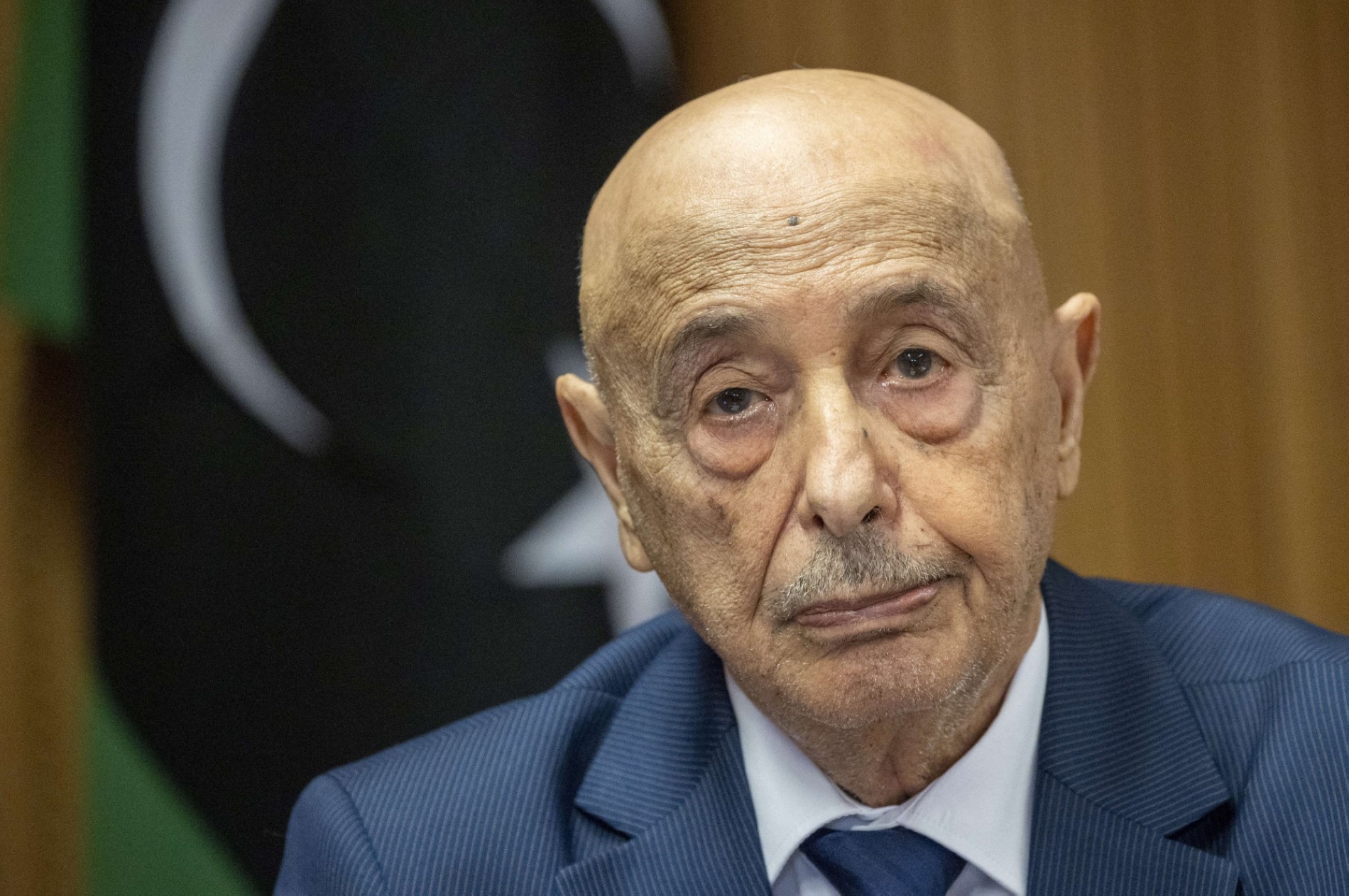
Since then, Libya’s leaders have been selected through UN-led processes where successive transitional leaders have become permanent fixtures. Aguila Saleh, for example, was elected to the House of Representatives in 2014 with fewer than 1,000 votes from his small constituency and subsequently became its speaker. Eleven years later, he officially remains the most senior political leader in the east, even though Libyan strongman Khalifa Haftar holds the real authority in that region.
In the West, businessman Abdul Hamid Dbeibeh was elected as prime minister in 2020 after securing 39 votes in the 75-member Libyan Political Dialogue Forum. He has remained in power since then, despite the original one-year mandate for his Government of National Unity (GNU). And while neither Saleh, Dbeibeh, nor Haftar can claim any form of popular legitimacy, all three cling to power through a combination of corruption schemes, targeted applications of force, and selective use of foreign backers.
Ultimate challenge
The ultimate challenge for Libya is to move from the status quo of entrenched elites—who have the power to influence any election process—to a form of legitimate, publicly-endorsed leadership. Local elections could be key to unlocking this dilemma.
After the fall of Gaddafi in 2011, transitional and elected authorities adopted a legal framework (the Local Administration Law 59/2012) establishing municipal and provincial councils. Some ad-hoc municipal voting took place from 2012 to 2014, but paused after armed attacks caused the nationally elected parliament to split into rival eastern and western authorities.
In 2018, the process resumed, only to be once again thwarted by eastern-led forces’ attacks against Tripoli in 2019, and continuing only haltingly thereafter. International donors such as the United States (until its international development agency, USAID, was dismantled); the European Union; and United Nations agencies have supported electoral activities and capacity building for elected municipal councils.
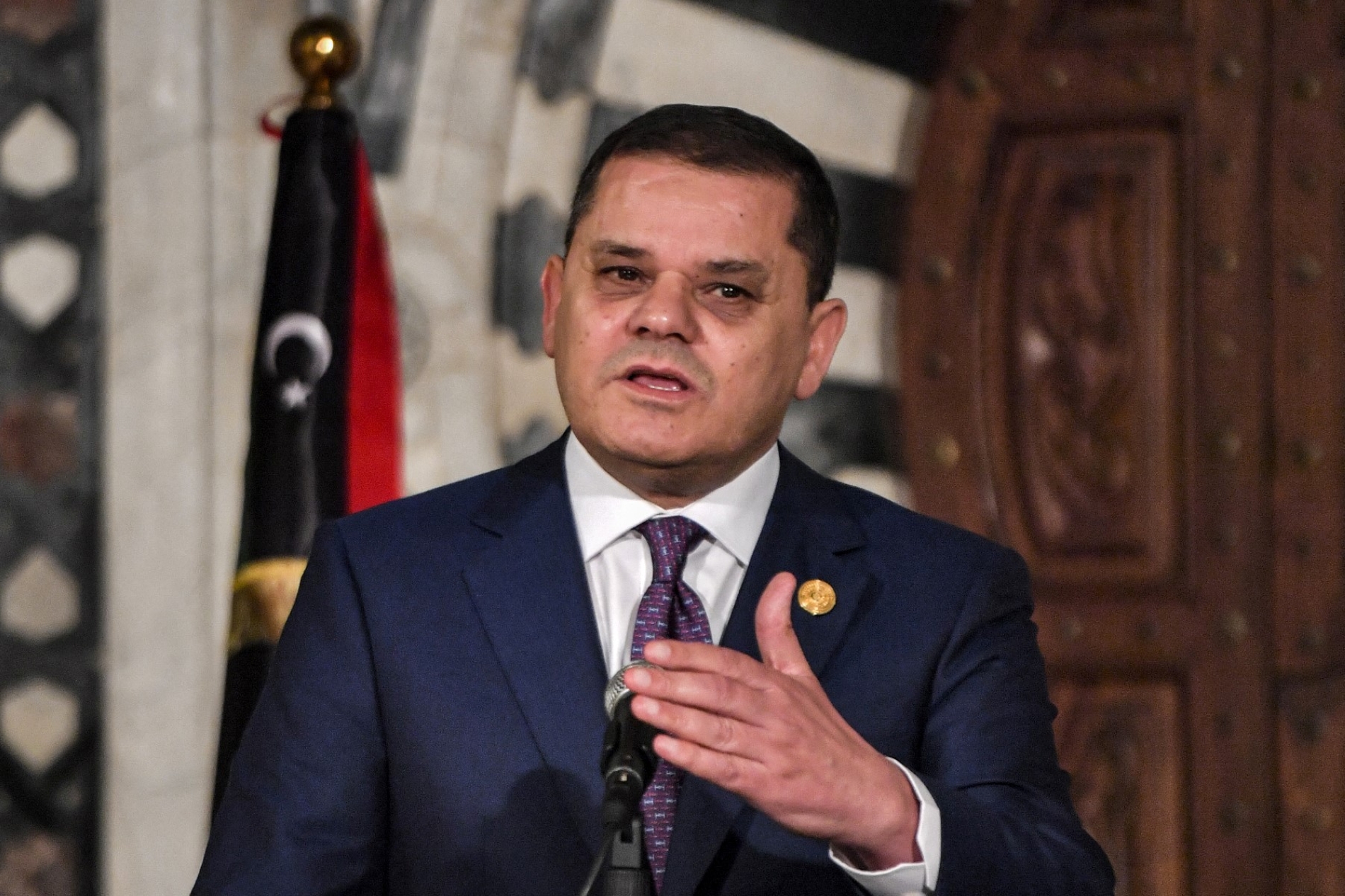
Prior to the national-level split, authorities established two election management bodies: a High National Elections Commission (HNEC) to oversee national elections and a Central Committee for Municipal Council Elections (CCMCE) to oversee local elections. In 2022, a law passed by the parliament based in the east transferred responsibility for municipal elections from the CCMCE to the HNEC.
With this change, the municipal elections resumed in full, with the first “cluster” of elections eventually taking place in November 2024 (for security and logistical reasons, election managers had decided that local elections should occur in phases).
That month, voting took place in 58 municipalities around the country, bringing 426 local representatives into office, including Libya’s first female mayor. According to the HNEC’s official statement, 77% of registered voters participated in the election. Despite a few reports of violations (notably in the municipality of al Shawarif), the process overall was smooth, with UNSMIL commending a “peaceful and transparent electoral process.”
Last month, after months of delay, elections took place in the second cluster of 63 municipalities. However, only 34 ended up voting—all of whom were located in Libya’s west. In July, HNEC suspended voting in 11 municipalities in the east and south (including two in the west) due to “disruptions” over the distribution of voter cards in those areas.
Soon thereafter, the HNEC suspended voting in another 16 municipalities, claiming that “security agencies under the authority of the (eastern-based) Libyan government” had been instructed not to allow voting to go forward. In a further seven municipalities, mostly around Zawiya, voting was delayed by a week for security reasons but was ultimately completed.


